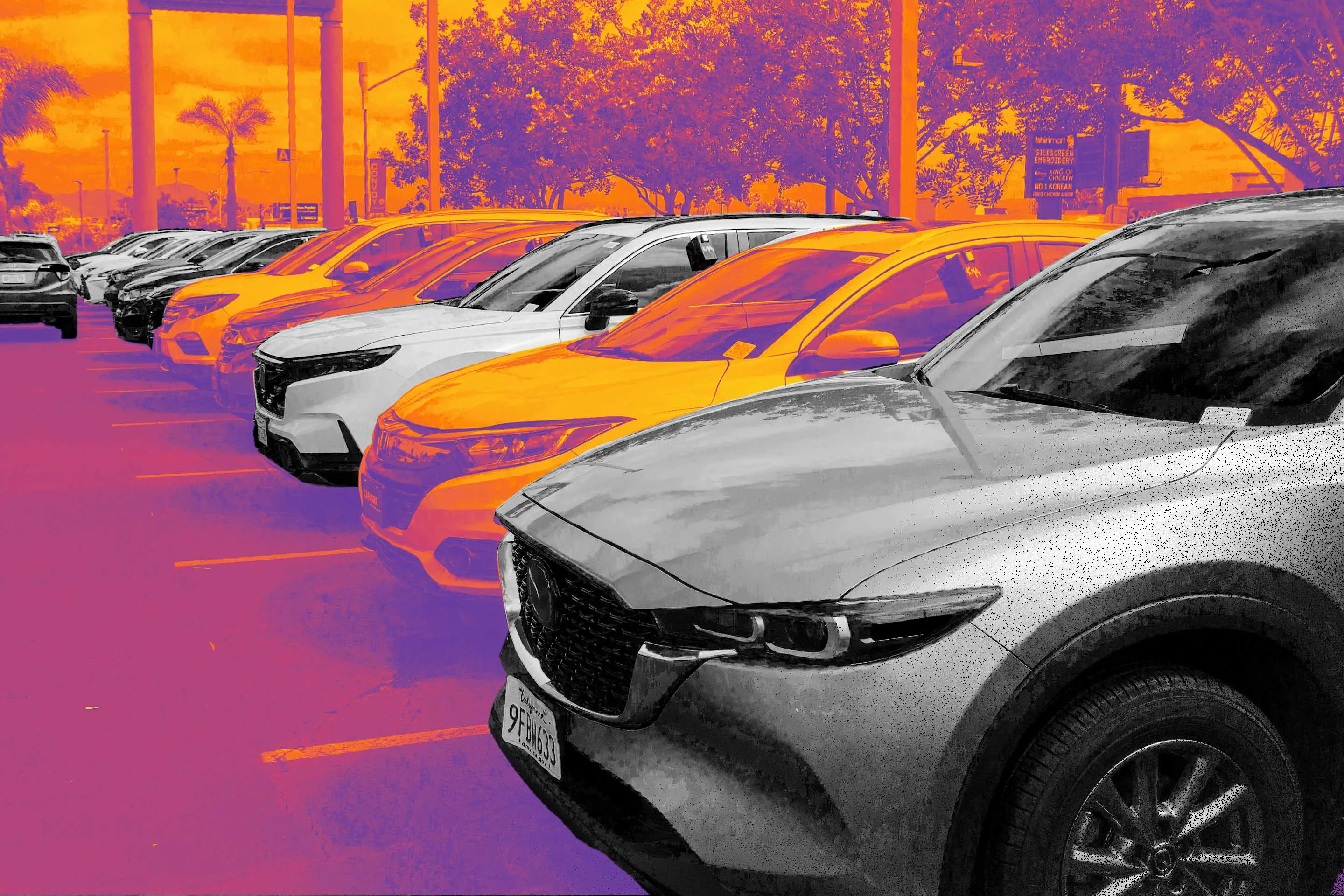Tariff Sales Drive Car Buyers to Act Before Prices Rise

Car buyers are rushing to make purchases ahead of potential price increases due to tariffs on imported vehicles and parts. Dealerships are capitalizing on this sense of urgency by promoting “tariff sales” to move inventory before prices go up.
The United States recently imposed a 25% tariff on auto imports, with additional tariffs on car parts set to take effect on May 3. These tariffs are expected to raise manufacturing costs for all vehicles, including those assembled domestically, as most cars contain foreign parts. According to a recent report by Anderson Economic Group, these tariffs could add $4,000 to $10,000 to the price of most vehicles, with even higher increases for electric vehicles. This has led consumers to flock to car dealerships in search of pre-tariff inventory.
Data from Cox Automotive reveals a significant increase in vehicle sales in recent weeks, moving 22% faster than the previous year. As a result, the available inventory at dealerships has reached its lowest level in nearly two years. The industry measures inventory levels using a metric called “days’ supply,” which tracks how long it would take to sell all existing inventory at the current sales pace. The days’ supply number has dropped by 12% to 61.7 days, the lowest since summer 2023.
Several factors, including tax refund payments and lower auto loan rates, have contributed to the surge in car sales. However, the main driver appears to be the “tariff pull ahead” effect, where consumers are rushing to buy before prices increase. Cox Automotive’s chief economist, Jonathan Smoke, noted that as prices rise, buyers are likely to pull back.
While there is still a relatively normal amount of vehicle inventory available, the situation could change rapidly if automakers are not granted relief from tariffs. Dealerships are offering pre-tariff pricing and advertising tariff sales to attract buyers. However, it’s essential for consumers to be cautious and not feel rushed into making a purchase. Take the time to research and make an informed decision that aligns with your budget and needs.
As prices could potentially rise, it’s crucial to consider all factors before buying a car. While imported cars may be in high demand, not all dealerships are offering competitive financing deals. Manufacturers are less aggressive with financing offers due to tighter supply, leading to fewer 0% APR and sub-3% APR financing options.
In conclusion, while the current climate may seem urgent, it’s important to take your time when purchasing a car. Approximately half of all cars sold in the U.S. are assembled domestically, reducing the direct impact of tariffs on these vehicles. Stay informed, compare options, and make a decision that aligns with your financial goals.





